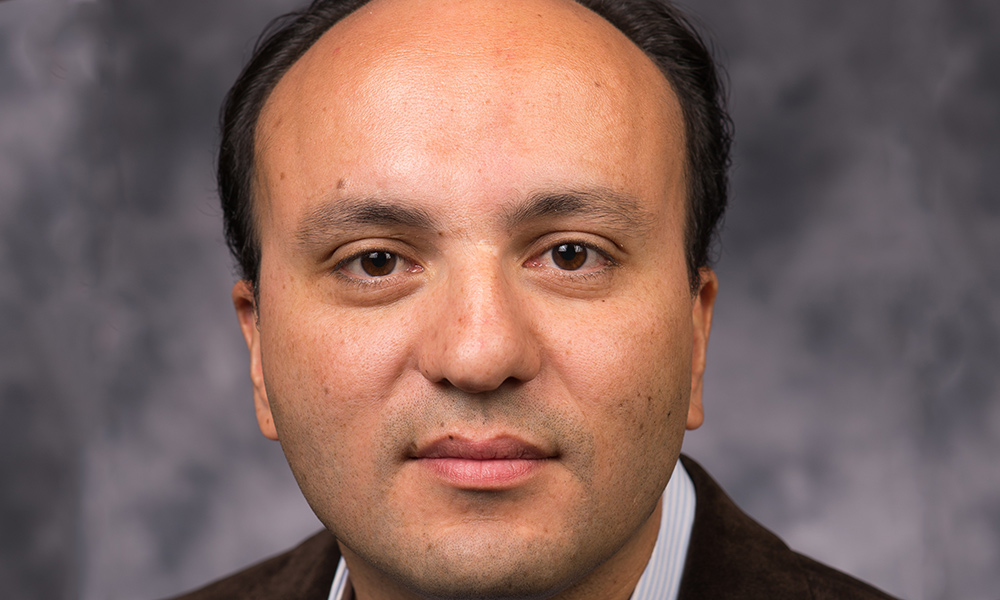
Mentoring undergraduates through ‘uncharted territory’ in chemistry research
Chemistry professor Ignacio Franco is the 2021 recipient of the College Award for Undergraduate Teaching and Research Mentorship.

Laser-driven experiments provide insights into the formation of the universe
Researchers at the Laboratory for Laser Energetics have captured for the first time in a laboratory setting the process thought to be responsible for generating and sustaining astrophysical magnetic fields.
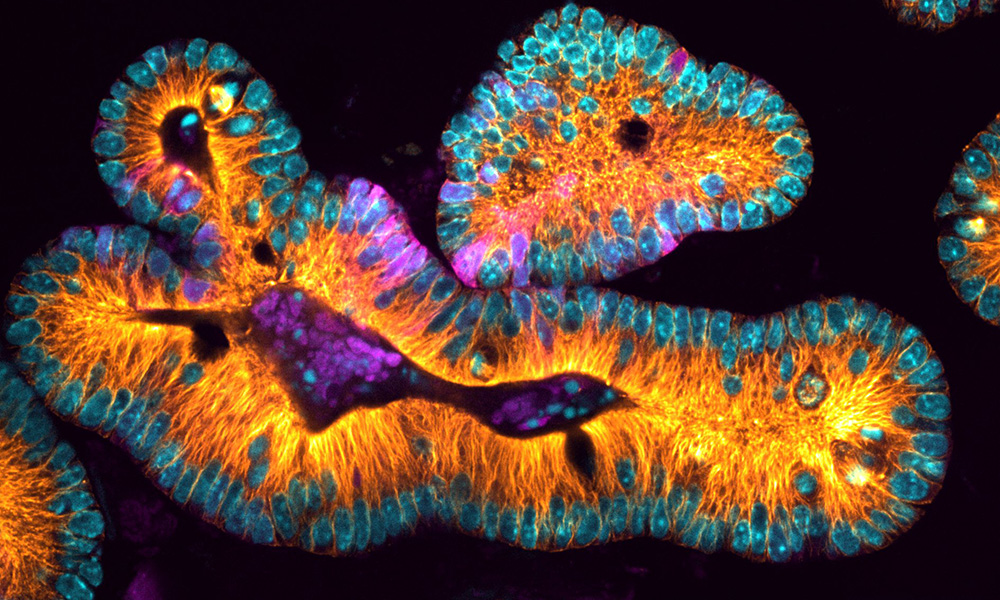
Rochester to advance research in biological imaging through new grant
A multidisciplinary collaboration will create a new light-sheet microscope on campus, allowing 3D imaging of complex cellular structures.
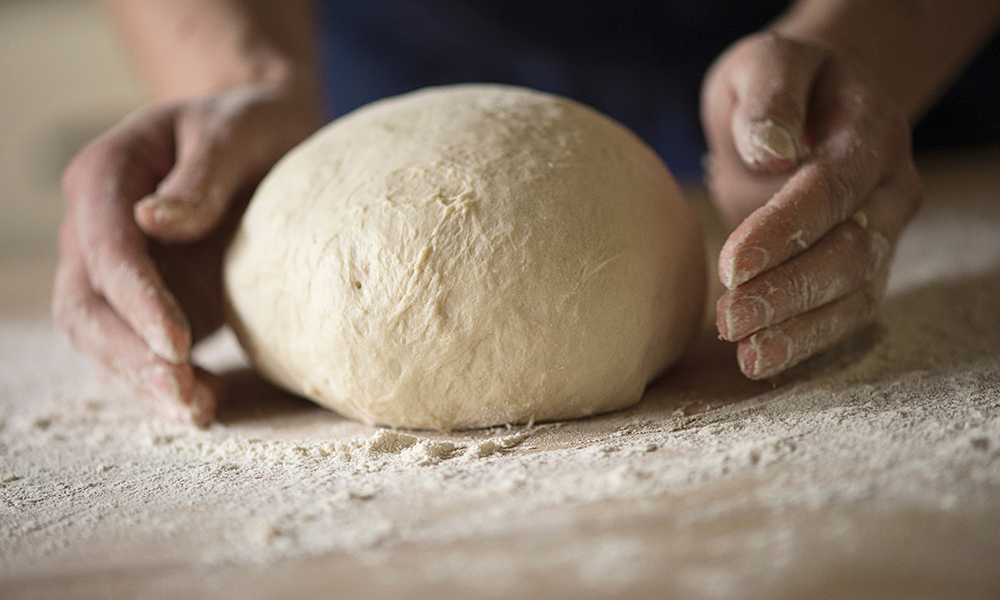
Baker’s yeast: Three surprising things you might not know
Rochester biologist Justin Fay studies the complex ancestry of Saccharomyces cerevisiae, also known as baker’s or brewer’s yeast.
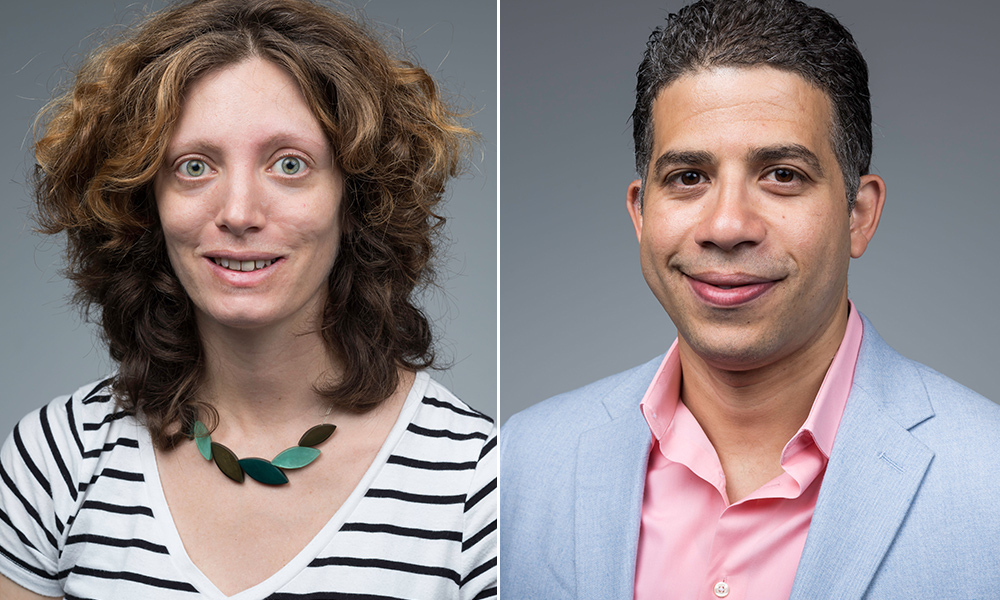
Rochester brain and cognitive sciences researchers receive national recognition
Assistant professors Martina Poletti and Manuel Gomez-Ramirez have received Sloan Awards for their research on how the brain perceives the world.
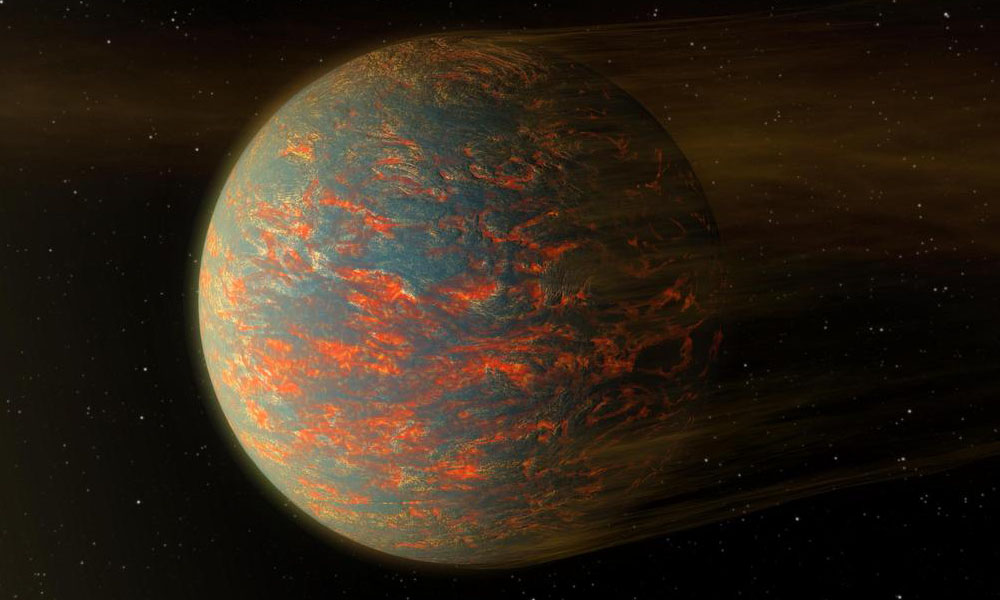
New research on carbon cracks open secrets deep inside exoplanets
Measuring carbon at the highest pressures ever achieved in a laboratory, researchers at the Laboratory for Laser Energetics report first model of the carbon structures that may make up planets outside the solar system.
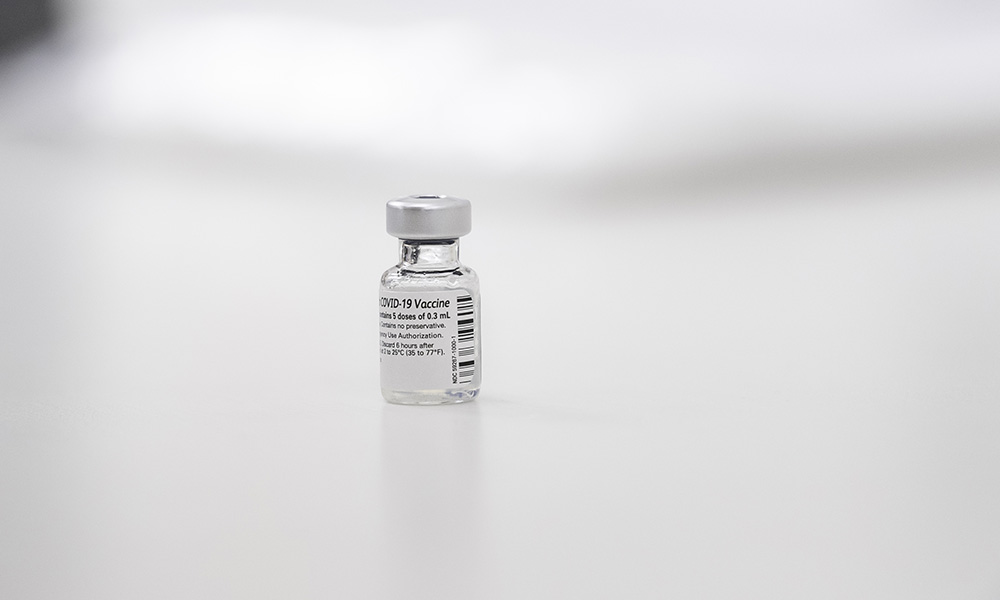
Science offers hope during dark times
American science has not only remained solid through recent crises but also provided a path out of the darkness, Rochester astrophysicist Adam Frank writes for NBC News.

Laser Lab scientist honored for fusion and plasma research
Dustin Froula received the Ernest Orlando Lawrence Award, one of the most respected awards given by the US Department of Energy, for his research.
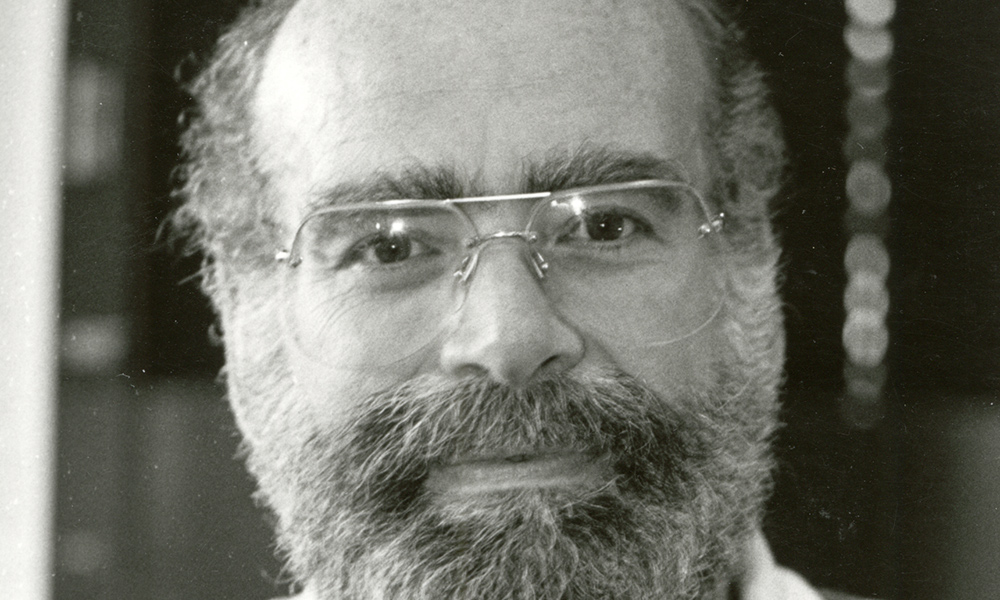
Biology professor emeritus remembered as researcher, mentor, and colleague
Stanley Hattman, who taught at the University for more than 25 years, was known for his molecular biology research, student mentorship, and jovial demeanor.
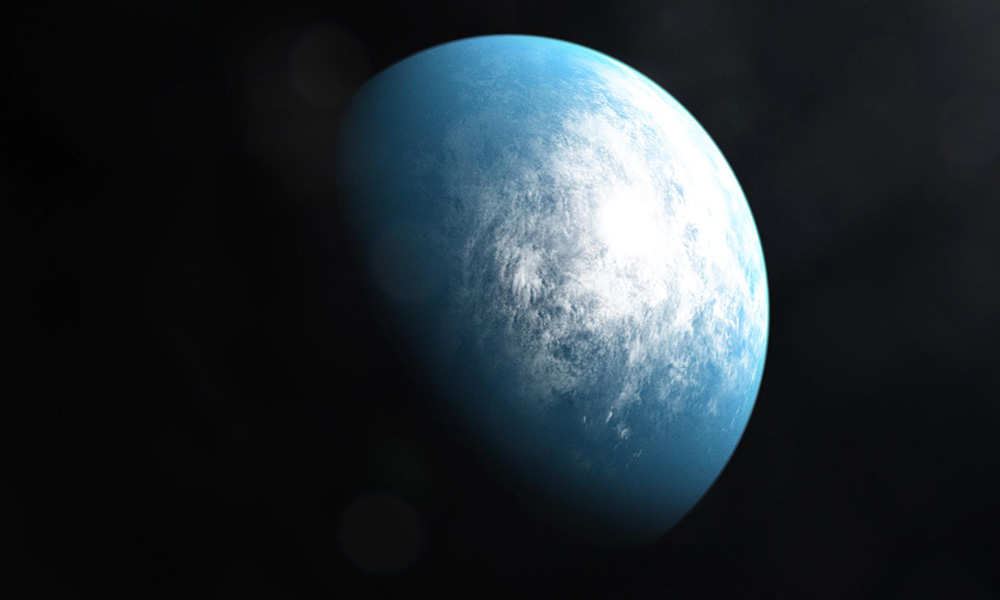
A new era in the search for extraterrestrial intelligence
If trends continue, “the search for intelligence in the universe may finally escape the giggle-factor,” writes University of Rochester astrophysicist Adam Frank in a Washington Post op-ed.

